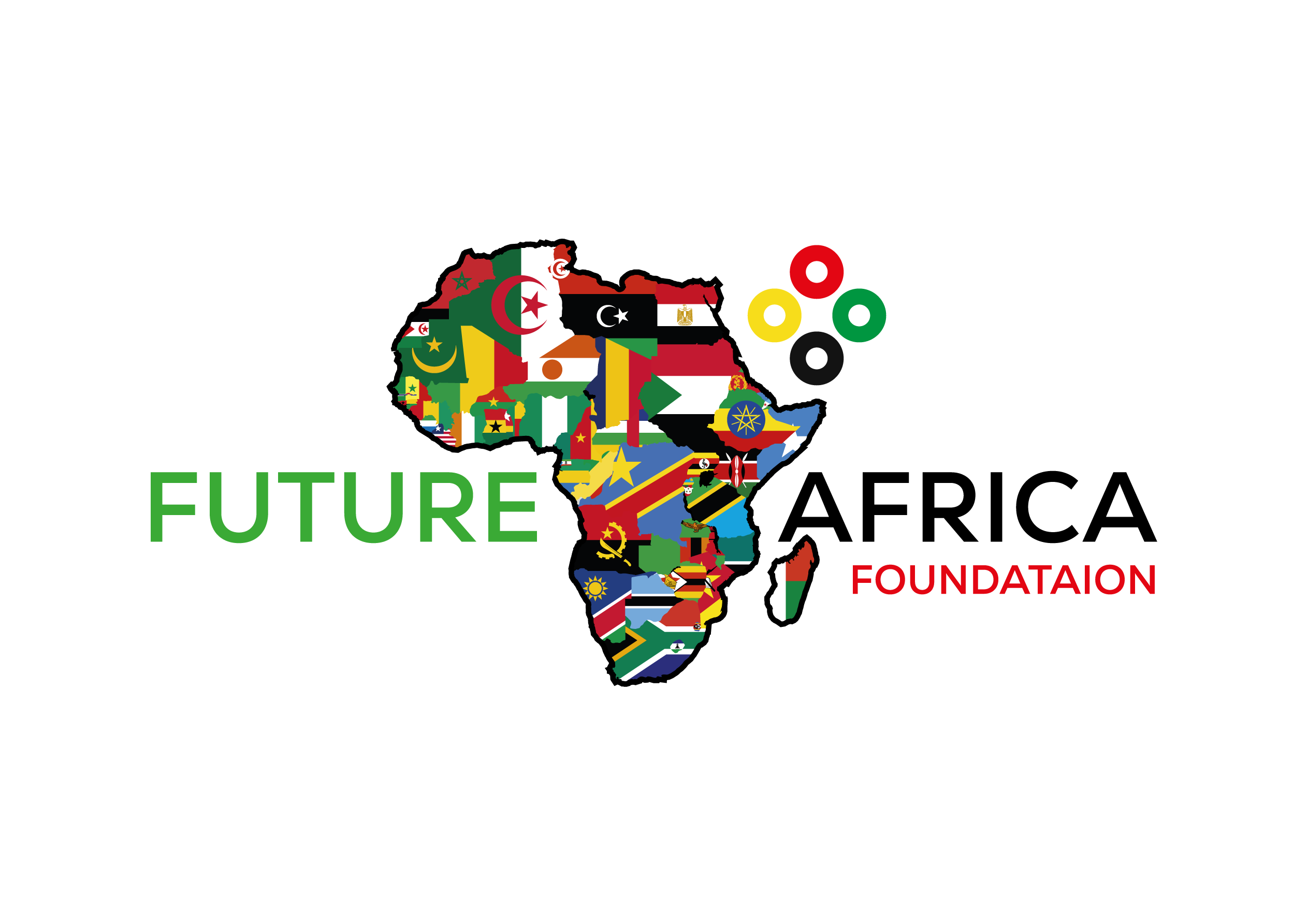Ghana has made significant strides in improving its health and wellness, with a mix of public and private healthcare facilities operating in urban and rural communities to provide medical care for citizens.
This aligned with the United Nations’ Sustainable Development Goal 3 (SDG 3).
The National Health Insurance Scheme (NHIS) was introduced in 2003, aiming to provide accessible and affordable healthcare to all Ghanaians. Maternal and child health remains a priority in Ghana. The country has made considerable progress in reducing maternal and infant mortality rates and has seen significant progress, with programs focusing on antenatal care, skilled birth attendance, and postnatal care. However, disparities exist between urban and rural areas, with rural areas often facing limited access to quality healthcare services.
Steps are being taken to address communicable diseases but a lot of work needs to be done to overcome the challenge.
Additionally, mental health is increasingly recognized as an essential component of overall well-being. The Mental Health Act of 2012 has formally integrated mental health services into primary healthcare.
Ghana has attained high immunization coverage thanks to its routine vaccination programmes and campaigns. The Noguchi Memorial Institute for Medical Research, and the National Vaccine Institute function as research and manufacturing centers. These institutes are expected to help realize the government’s vision of securing vital vaccines through domestic development, and ensuring that Ghana will not be a victim or pawn of the international vaccine market in the future.
Many Ghanaians depend on traditional healers and herbal remedies for their healthcare needs. The Ghanaian government is working to integrate traditional medicine with conventional healthcare by regulating practitioners, conducting research, and promoting the safe use of herbal remedies. This effort acknowledges the significant role that traditional healers play in Ghanaian society.
Nutrition and wellness are experiencing improvements through initiatives that promote breastfeeding, provide micronutrient supplements, and implement school feeding programmes. Additionally, physical activity is gaining traction, with public awareness campaigns and recreational facilities encouraging individuals to incorporate exercise into their daily routines.
Ghana’s healthcare system has made progress, but it still faces several challenges. These challenges include inadequate infrastructure, limited number of healthcare personnel, and disparities in access to healthcare services. Funding and the sustainability of healthcare programmes particularly the NHIS, remain ongoing concerns.
The Future Africa Foundation aims to enhance health and wellness in Ghana by alleviating the medical debt of underprivileged and vulnerable patients in communities. The foundation also supports hospitals by providing Personal Protective Equipment (PPE) and strengthening healthcare services to achieve better health outcomes for all Ghanaians.
